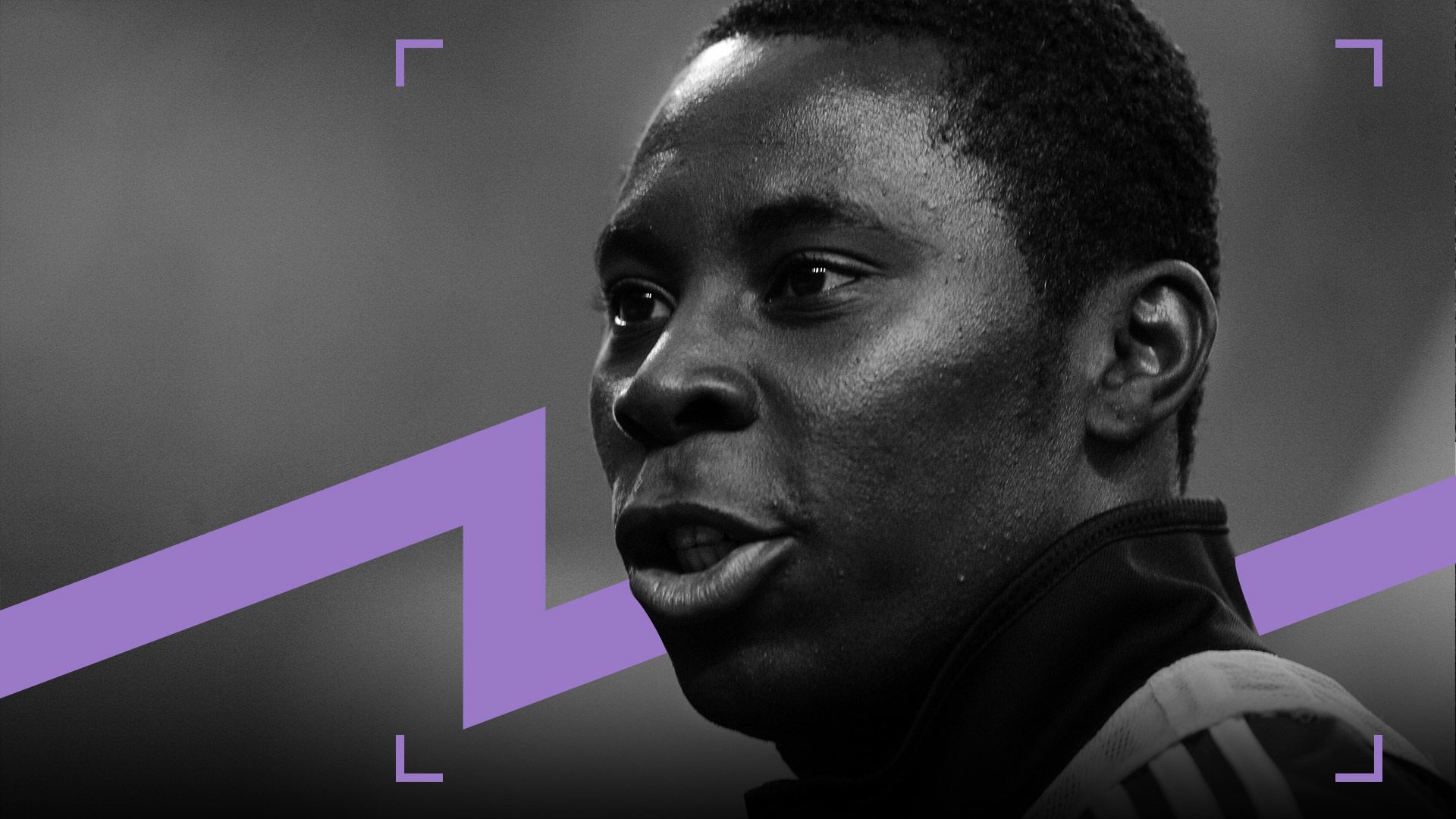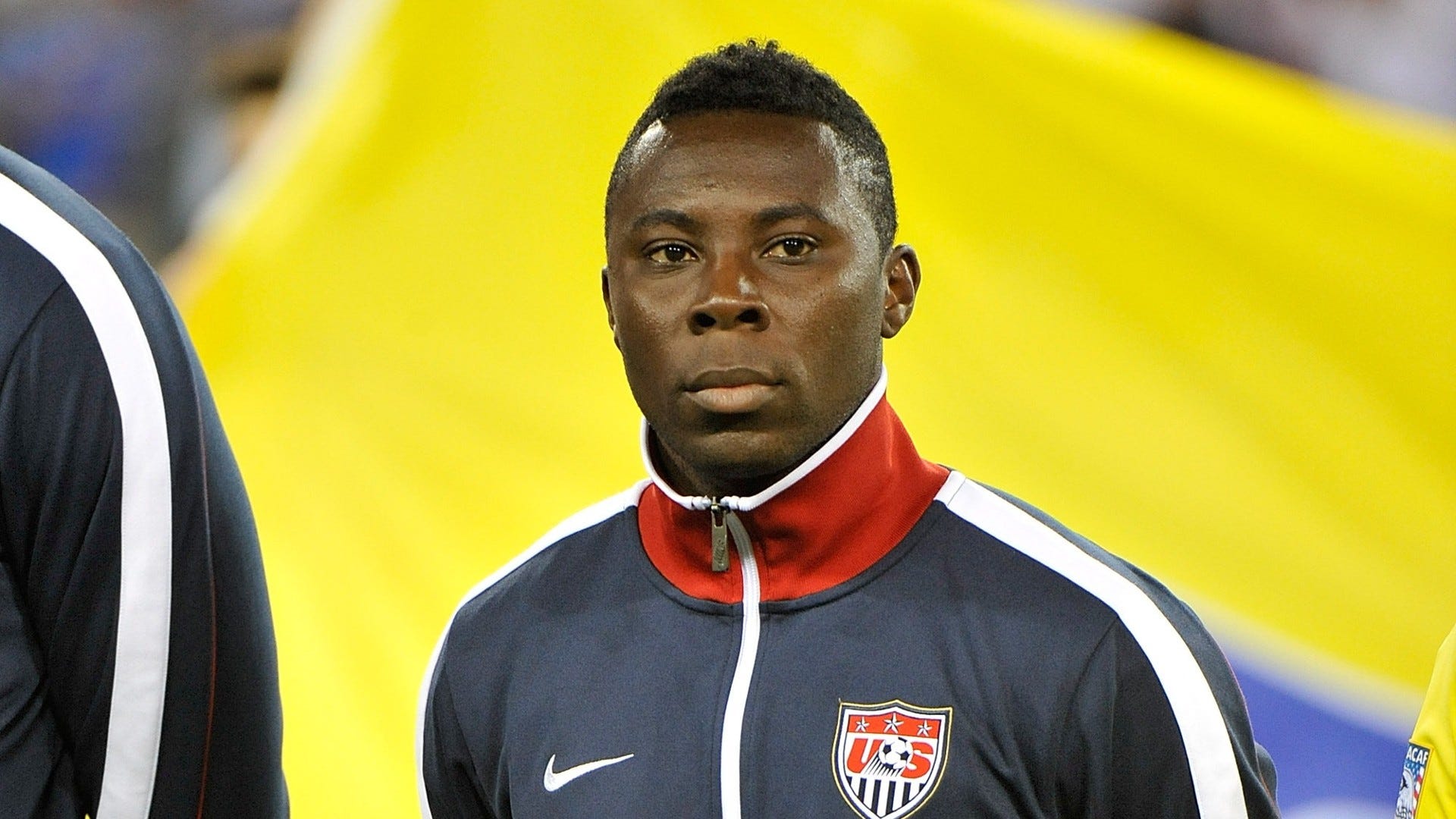Early Life and Career

Freddy Adu was born in Tema, Ghana, on June 2, 1989. His family moved to the United States when he was eight years old, and he began playing soccer with the Dallas Texans youth club. Adu quickly rose through the ranks of youth soccer, and by the age of 14, he had signed a professional contract with Major League Soccer (MLS) club D.C. United.
Adu’s early success was due to a combination of factors. He was a naturally gifted athlete with exceptional speed, agility, and ball control. He also had a strong work ethic and a determination to succeed. In addition, Adu benefited from the support of his family and coaches, who helped him to develop his skills and reach his full potential.
Freddy Adu’s promising career has faced numerous setbacks, but his talent remains undeniable. As a child prodigy, he became the youngest player to debut for the United States national team. His precocious abilities drew comparisons to some of the greatest players in the world.
Yet, despite his early success, Adu’s career has been marked by inconsistency and injuries. However, his impact on American soccer cannot be overstated. His rise to prominence helped pave the way for other young talents, including the prodigious drummer Quinn Sullivan of the quinn sullivan union.
Adu’s legacy as a trailblazer for American soccer endures, inspiring future generations of players.
Early Recognition and Hype
Adu’s early success generated a great deal of hype and attention. He was featured in numerous articles and television segments, and he was even named one of the “50 Most Influential Teenagers” by Time magazine. The hype surrounding Adu led to high expectations for his professional career, and he was widely regarded as one of the most promising young players in the world.
Freddy Adu, once hailed as the next big thing in American soccer, never quite lived up to the hype. Despite a promising start to his career, injuries and inconsistency derailed his progress. However, Adu’s name remains synonymous with the rise of Major League Soccer (MLS).
The MLS schedule is packed with exciting matches, and Adu’s legacy is a reminder of the league’s potential to produce world-class talent.
Professional Career

Freddy Adu’s professional soccer career began at the tender age of 14 when he signed with D.C. United of Major League Soccer (MLS). His debut with the team made him the youngest player ever to play in an MLS game. Adu quickly gained recognition for his exceptional skills and was soon scouted by several European clubs.
In 2007, Adu moved to Europe, joining Portuguese club Benfica. However, his time there was marked by injuries and limited playing opportunities. He was subsequently loaned to AS Monaco in France and Belenenses in Portugal, where he struggled to make a significant impact.
MLS Return
In 2011, Adu returned to MLS, signing with the Philadelphia Union. He had a successful season with the team, scoring 12 goals and providing 10 assists. However, his time in Philadelphia was cut short when he was traded to the Houston Dynamo in 2012.
Adu’s stint with the Dynamo was less successful, and he was eventually released by the club in 2014. He then had brief spells with the Tampa Bay Rowdies of the North American Soccer League (NASL) and the Jacksonville Armada FC before retiring from professional soccer in 2018.
Legacy and Impact: Freddy Adu
:focal(1219x445:1221x443)/origin-imgresizer.eurosport.com/2020/10/15/2915634-59906648-2560-1440.jpg)
Freddy Adu’s legacy and impact on soccer are multifaceted. As a prodigious young talent, he captivated fans worldwide and raised expectations for young soccer players. However, his career trajectory ultimately fell short of these lofty aspirations, leading to a complex legacy that has been the subject of much discussion.
Adu’s early promise was undeniable. His exceptional skills and maturity on the field at a young age earned him comparisons to some of the greatest players in the world. He became a global icon, inspiring countless young athletes and helping to raise the profile of soccer in the United States.
Factors Hindering Potential, Freddy adu
Despite his early success, several factors may have hindered Adu from reaching his full potential. One contributing factor was the immense pressure and expectations placed upon him from a young age. The media and fans alike labeled him as the “next Pelé,” creating an unrealistic standard that he struggled to live up to. Additionally, injuries and inconsistent playing time hampered his development, preventing him from establishing a consistent rhythm and gaining valuable experience at the highest level.
Influence on Young Prodigies
Adu’s career has also had a significant impact on the perception of young soccer prodigies and the expectations placed on them. His early success raised the bar for young players, leading to increased scrutiny and pressure on those who followed in his footsteps. While some have criticized this intense focus on young talent, others argue that it can motivate and inspire young athletes to reach their full potential.